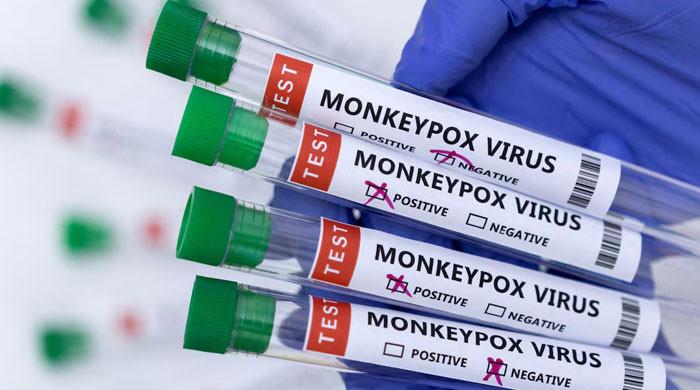Watch your diet, ladies, as phthalates may increase your risk of developing diabetes, according to a study

Endocrine-disrupting chemicals (EDCs) in plastics may raise the risk of diabetes in women, based on a recent study that appeared in the Endocrine Society’s Journal of Clinical Endocrinology & Metabolism.
Phthalates are compounds that are frequently found in plastics, including those found in toys, personal hygiene products, and the wrapping of food and beverages. Diabetes and other endocrine diseases, as well as decreased fertility, are linked to phthalate consumption.
“According to Sung Kyun Park, Sc.D., M.P.H., of the University of Michigan School of Public Health in Ann Arbor, Michigan, our study indicated phthalates may result in a higher prevalence of diabetes in women, especially white women, over six years.” The risk of various metabolic illnesses is raised by daily exposure to phthalates. We need to handle EDCs right away since they are bad for human health.
To determine whether phthalates were a factor in the occurrence of diabetes in this cohort, researchers examined 1,308 women from the “Study of Women’s Health Across the Nation (SWAN)” over 6 years. Over 6 years, about 5% of the women acquired diabetes. These women’s pee phthalate contents were comparable to those of middle-aged American women in the early 2000s when the pee samples were taken. While the dangerous compounds were not associated with diabetes in black or Asian women, white women exposed to large amounts of certain phthalates had an increased risk of 30–63%.
The National Institutes of Health, the SWAN Collection, the National Center for Research Resources, and the National Center for Advancing Translational Sciences all provided funding for the study.
Although more research is required, Park stated that “our finding is a step in the correct direction towards clarifying phthalates’ effect on metabolic illnesses.”






